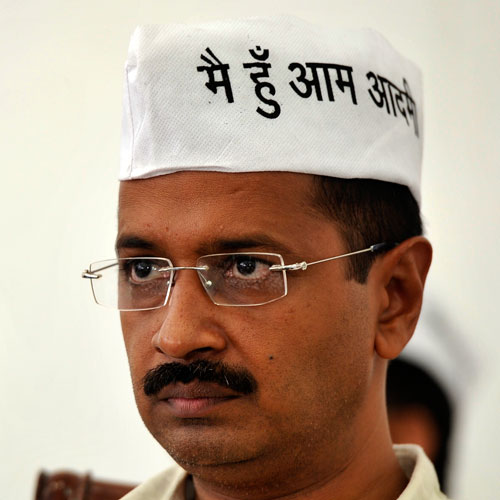The dengue crisis continued to rattle Delhi with a six year-old boy becoming the 10th victim this season even as Chief Minister Arvind Kejriwal on Tuesday said his government was mulling bringing a law to enable temporary takeover of private hospitals during emergencies.
Aman Sharma, a child from Srinivaspuri area of South Delhi died of dengue and his parents alleged that three private hospitals — Max Saket, Moolchand and Batra — refused to admit him citing unavailability of beds. He died on Sunday at Holy Family hospital in Okhla.
Last week, seven-year-old Avinash Rout had died of dengue after being denied admission by five hospitals which drove his parents to suicide, triggering widespread outrage.
As cases of dengue continued to rise and inch towards the 2,000 mark, Kejriwal carried out surprise checks at Guru Teg Bahadur hospital and Dr Hedgewar Aarogya Sansthan in Karkardooma and later said private hospitals which refused treatment to dengue patients will not be “spared”.
Delhi Government directed all the schools to ensure that children came to school dressed in full sleeves shirts, trousers and salwar kameez for the next one month as a preventive measure to avoid mosquito bites.
“It is heartbreaking. We have become blind in the race to make more and more profit. We shouldn’t forget our humanity. Nothing would have been lost if the hospital had treated the child. Would it have affected their profit margin so much?,” he said.
Warning that hospitals which refuse patients will be penalised, the Chief Minister said his government was contemplating bringing a law to enable temporary takeover of private hospitals during emergencies.
Meanwhile, the Union Health Ministry asked Delhi Government to take strict action against hospitals refusing dengue patients and directed it to rein in private facilities overcharging them.
As the national capital battled the worst outbreak of dengue in the past five years with the total number of cases between January 1 and September 12 reported at 1,872, the Union Health Ministry has asked government hospitals to increase the number of beds in order to meet to the rush of patients.
“I held a meeting with the Delhi Health Minister and asked him to take strict action against hospitals refusing dengue patients. They have been asked to submit a report on the actions taken. We have also assured that whatever support they need will be given,” Union Health Minister J P Nadda said after chairing a meeting with officials of RML, Safdarjung and Lady Hardinge hospitals.
“I have asked Delhi Government to see that private hospitals do not charge unwarrantedly and that they should take only reasonable fees from the patients,” Nadda said.
At the national level, there has been decrease in number of dengue cases detected with 75,808 cases in 2013, 40,571 cases in 2014 and nearly 21,000 cases in 2015 up to second week of September, and the recovery has been in more than 99.99% cases, an official statement claimed.
Asked whether government was not prepared to deal with the situation, Kejriwal said it was doing its duty and the MCD should do whatever is required to bring the situation under control.
Delhi Health Minister Satyendar Jain has summoned administrators of all private hospitals and nursing homes in the city and asked them to ensure treatment to all dengue patients. As the opposition parties stepped up pressure on the Delhi government over the dengue outbreak, Delhi government ordered a magisterial inquiry into the death of Avinash Rout.
The Chief Minister appealed to people to donate blood so that adequate quantity of platelets could be made available.
Health Minister Manish Sisodia conducted surprise inspection of various schools along with Environment Minister Asim Ahmed Khan to see whether authorities are taking precaution to curb breeding of dengue causing mosquito.
“Parents should send their children to schools only in clothes of full sleeves and the government will ensure that the uniform colour does not create any problem to the children,” said Sisodia. Sisodia also directed the health authorities to issue challans to schools where mosquito breeding or water-logged areas were found.
He directed the school principals to activate Eco Clubs for ensuring that premises are kept clean and there are no areas which are prone to mosquito breeding.








